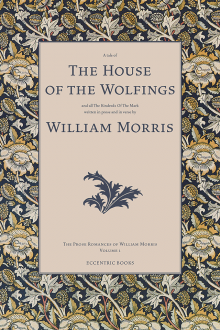 The House of the Wolfings
The House of the Wolfings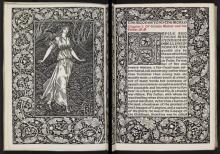 The Wood Beyond the World
The Wood Beyond the World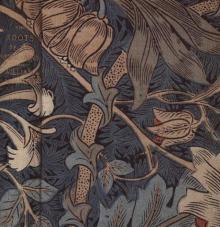 The Roots of the Mountains
The Roots of the Mountains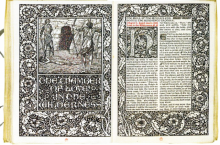 The Well at the World's End: A Tale
The Well at the World's End: A Tale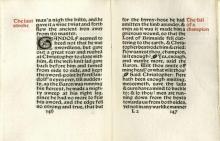 Child Christopher and Goldilind the Fair
Child Christopher and Goldilind the Fair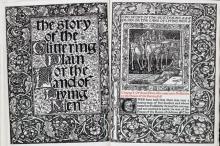 The Story of the Glittering Plain
The Story of the Glittering Plain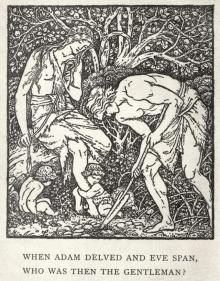 A Dream of John Ball; and, A King's Lesson
A Dream of John Ball; and, A King's Lesson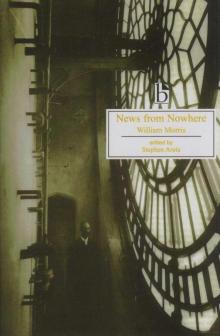 News From Nowhere, Or, an Epoch of Rest, Being Some Chapters From a Utopian Romance
News From Nowhere, Or, an Epoch of Rest, Being Some Chapters From a Utopian Romance